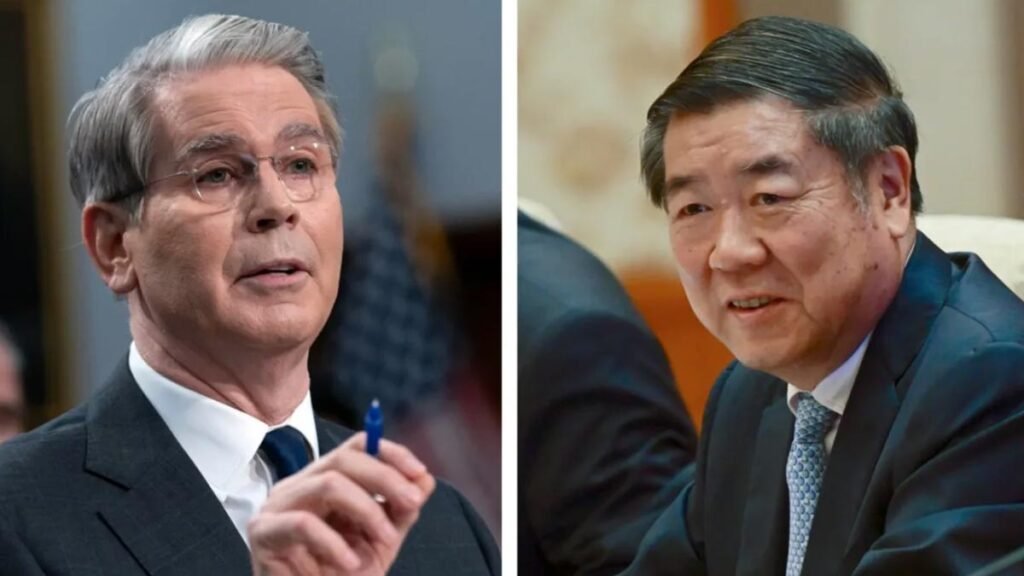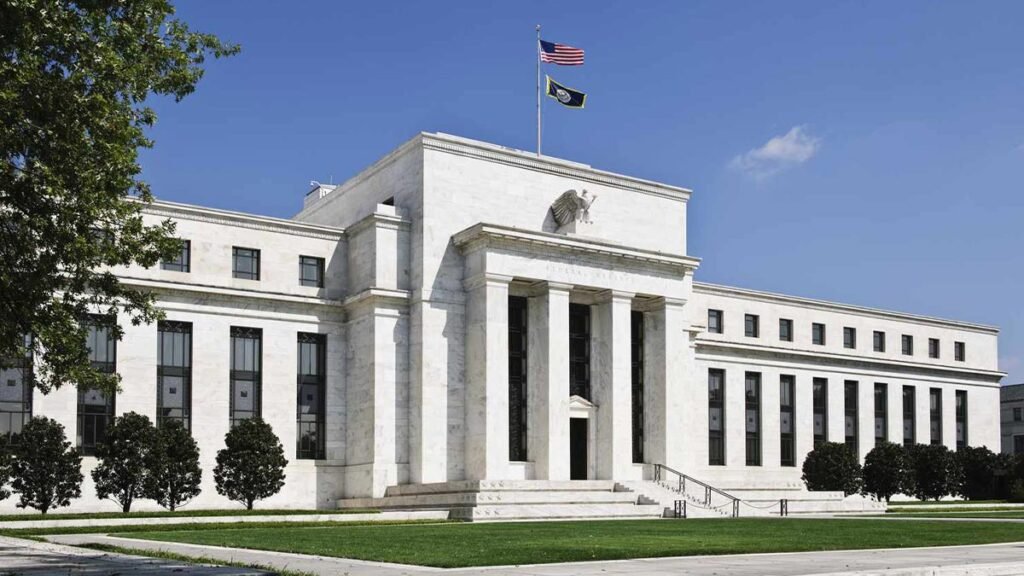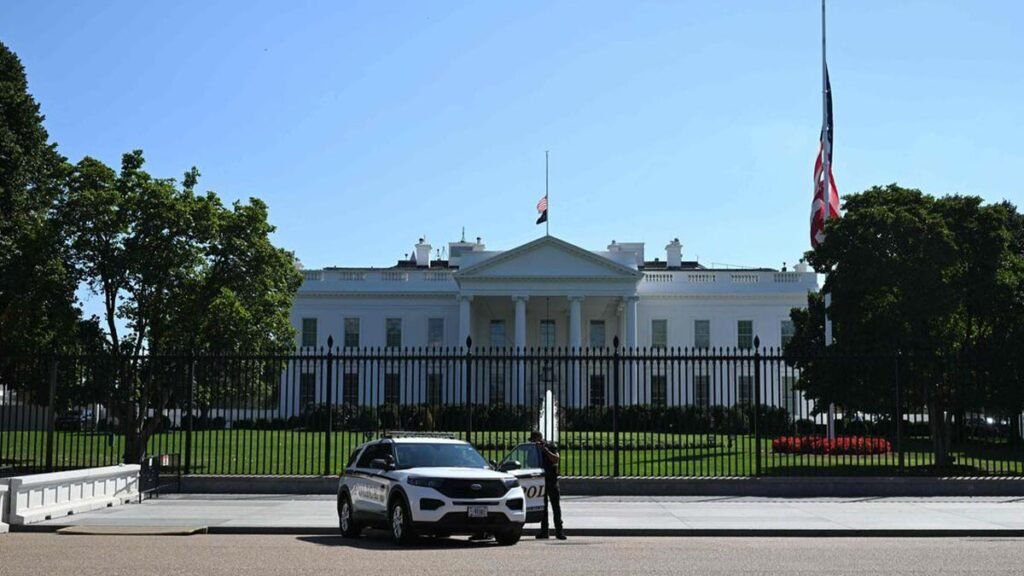Treasury Secretary Scott Bessent expressed optimism about resolving the TikTok divestment issue as high-level negotiations with Chinese officials entered their second day in Madrid on Monday.
The United States and China are “very close” to reaching an agreement on TikTok’s future, US Treasury Secretary Scott Bessent announced on Monday as trade talks resumed in Madrid. The statement came as American and Chinese delegations entered their second day of negotiations aimed at resolving the social media platform’s uncertain status ahead of a critical September 17 deadline.
High-Stakes Negotiations in Madrid
The talks, taking place at the ornate Palacio de Santa Cruz that houses Spain’s foreign ministry, represent the fourth round of bilateral discussions in four months. The US delegation is led by Treasury Secretary Bessent and Trade Representative Jamieson Greer, while China’s team is headed by Vice Premier He Lifeng and chief trade negotiator Li Chenggang.
“Our Chinese counterparts have presented a very ambitious request,” Bessent told reporters, while emphasizing that “we are not prepared to compromise national security for a social media platform”. The discussions have centered on TikTok, tariffs, and broader economic issues, according to US government officials.
TikTok Faces Critical Deadline
TikTok’s Chinese parent company ByteDance faces a September 17 deadline to divest its US operations or risk a complete shutdown in the United States. The popular short-video app, which boasts approximately 170 million users in America, has been at the center of national security concerns over its Chinese ownership.
President Donald Trump, who initially advocated for a TikTok ban during his first term, has since postponed the prohibition three times. Speaking to reporters on Sunday, Trump expressed uncertainty about the app’s future, stating the outcome “depends on China” and that he may “let it die” if no agreement is reached.
Trade Concessions Complicate Deal
While Bessent indicated that both parties have made significant progress on technical matters, reaching broader agreements remains challenging. The Chinese delegation has reportedly linked any TikTok resolution to demands for trade concessions, including reductions in US tariffs on Chinese goods.
“From the Chinese viewpoint, they consider a range of issues, including tariffs and other actions taken over the years, as integral to the potential TikTok agreement,” explained Trade Representative Greer. However, he added that the US cannot simply retract every measure implemented to address trade concerns.
Previous Negotiations and Current Context
The Madrid talks build on previous negotiations held in Stockholm in July, where both sides agreed to extend their trade truce for 90 days. That agreement significantly reduced retaliatory tariffs that had reached triple digits on both sides and resumed the flow of rare earth minerals from China to the United States.
President Trump has authorized the continuation of existing US tariff rates on Chinese products at approximately 55% until November 10. The ongoing trade tensions stem from disputes that prompted Trump to raise tariffs on Chinese imports, sparking reciprocal measures from Beijing.
Potential Outcomes
Trade experts maintain low expectations for a significant breakthrough, with many anticipating that the most likely result will be another extension of the TikTok divestment deadline. Bessent indicated that any deadline extension would heavily depend on the outcomes of Monday’s discussions.
Despite the challenges, Bessent emphasized that US-China relations remain positive at the highest levels, stating that even if no TikTok agreement is reached, it would not impact the overall relationship between the two nations.
The negotiations continue as both countries seek to balance national security concerns with economic interests, while TikTok’s millions of American users await clarity on the platform’s future.


